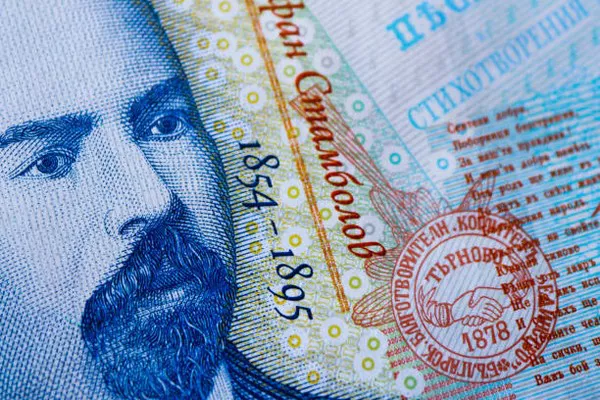When embarking on international travel, one of the key considerations for any savvy traveler is how to manage their currency transactions. This holds particularly true when visiting Bulgaria, a country known for its rich history, picturesque landscapes, and vibrant culture. The Bulgarian lev (BGN) is the official currency, and the question that often arises is whether it is best to buy Bulgarian lev in the country itself. In this article, we will delve into the factors that influence this decision, exploring the advantages and potential pitfalls of purchasing Bulgarian lev in Bulgaria.
Local Currency Dynamics
Understanding the dynamics of the local currency market is crucial before deciding where to exchange your money. Bulgaria, being a member of the European Union, has a stable currency in the form of the Bulgarian lev. The lev is pegged to the euro, which means that its exchange rate is fixed within a narrow band. This peg provides a level of stability, reducing the risk of significant fluctuations in the exchange rate.
In Bulgaria, you will find numerous currency exchange offices, commonly known as “change bureaus,” throughout cities and tourist destinations. These establishments often offer competitive rates, especially in comparison to exchanging currency at airports or hotels. However, it’s important to note that rates can vary between different bureaus, so it pays to shop around for the best deal.
Economic Considerations
Economic factors play a crucial role in determining the optimal time and place to exchange currency. Keeping an eye on economic indicators, such as inflation rates and overall economic stability, can provide insights into the potential direction of the exchange rate. If the local economy is experiencing turbulence, it might be advisable to exchange currency sooner rather than later to secure a favorable rate.
In recent years, Bulgaria has demonstrated a relatively stable economic environment, with consistent growth and controlled inflation. This stability has contributed to the strength of the Bulgarian lev and increased confidence in the local currency. Therefore, travelers may find it advantageous to buy Bulgarian lev in Bulgaria, taking advantage of the favorable economic conditions.
Transaction Costs
Another important factor to consider is transaction costs associated with currency exchange. Different providers, whether banks, exchange offices, or ATMs, may charge varying fees for their services. While local change bureaus in Bulgaria might offer competitive rates, it is essential to inquire about any additional fees or commissions they may charge.
ATMs are a convenient option for accessing local currency, but they may come with their own set of fees, including international withdrawal charges imposed by your home bank. Before deciding to withdraw cash from ATMs in Bulgaria, it is advisable to check with your bank regarding applicable fees and exchange rates.
Cultural and Practical Considerations
Beyond economic and financial considerations, there are cultural and practical aspects to take into account when deciding whether to buy Bulgarian lev in Bulgaria. Engaging in currency exchange at local establishments can provide a more authentic experience, allowing travelers to interact with locals and get a sense of the local culture.
Moreover, having local currency in hand can be advantageous in situations where card payments are not widely accepted, especially in rural areas or smaller establishments. While credit and debit cards are generally accepted in urban centers, having some cash on hand ensures that you are prepared for all situations during your travels.
See Also: What currency should I use in Bulgaria?
Conclusion
In conclusion, the decision of whether to buy Bulgarian lev in Bulgaria depends on a variety of factors, including local currency dynamics, economic stability, transaction costs, and cultural considerations. Bulgaria’s stable economic environment and the pegging of the lev to the euro contribute to a relatively favorable exchange rate for travelers. Additionally, engaging in currency exchange at local establishments can enhance the overall travel experience.
While local change bureaus often offer competitive rates, it is essential to be aware of potential fees and commissions. Travelers should also consider the convenience of having local currency in cash, especially in situations where card payments may be limited. Ultimately, a thoughtful approach that takes into account both financial and practical considerations will help travelers make an informed decision on whether to buy Bulgarian lev in Bulgaria.


